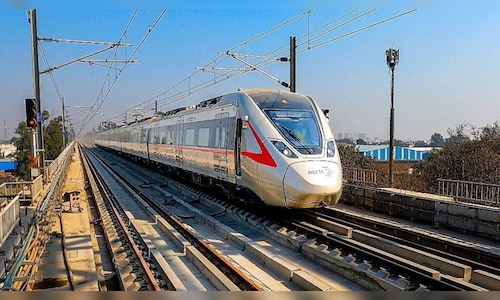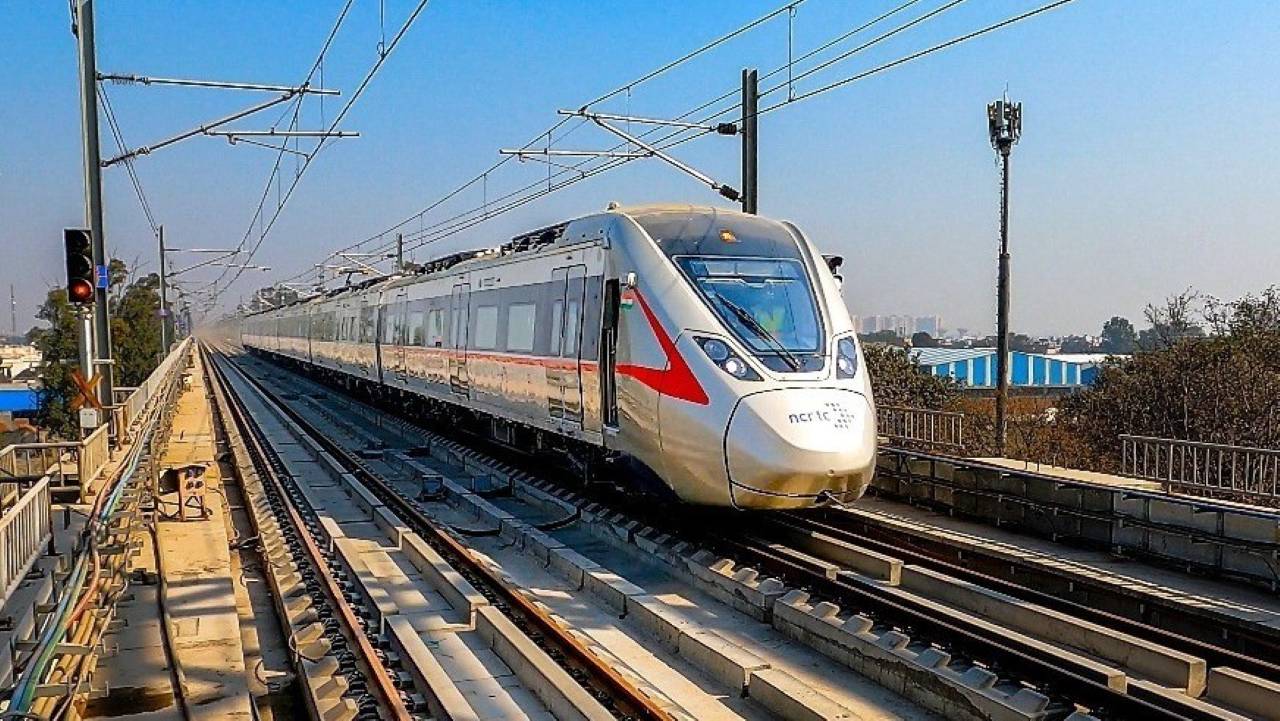

Travel distance and journey duration
The Delhi-Meerut Namo Bharat Corridor spans 82 kilometers and connects New Ashok Nagar in Delhi to Meerut South. With a focus on reducing commute time, these trains are designed to complete the journey in just under 40 minutes, significantly cutting down travel time by one-third compared to conventional modes of transport.
Also read | 7 states with the most temples in India: Tamil Nadu leads with 79,000 places of worship
Cost of travel
The Namo Bharat trains offer affordable travel options with both standard and premium coaches available. The fare from New Ashok Nagar to Meerut South ranges between ₹20 to ₹150 for standard coaches and ₹30 to ₹225 for premium coaches. The maximum fare for a single trip in the standard coach is ₹150, while the premium coach will cost up to ₹225.
दिल्ली-एनसीआर के लिए आज का दिन बेहद महत्वपूर्ण है। आज पहली बार जहां नमो भारत ट्रेन राजधानी में प्रवेश करेगी, वहीं दिल्ली मेट्रो के विस्तार सहित कई विकास परियोजनाओं के उद्घाटन और शिलान्यास का सुअवसर मिलेगा।#MetroRevolutionInIndia pic.twitter.com/Xe5nUsQMcR
— Narendra Modi (@narendramodi) January 5, 2025
Convenience of travel between Delhi and Meerut
The Namo Bharat trains provide unmatched convenience for commuters, operating at a frequency of every 15 minutes. The route will offer a seamless travel experience, especially with the presence of key stations like Anand Vihar and New Ashok Nagar, ensuring efficient integration with other modes of public transport, including Delhi Metro, ISBT, and the railway station.
The Anand Vihar station is a key hub for commuters, providing access to multiple transport options, making it easier to travel to different parts of Delhi and the country. In addition, the New Ashok Nagar station is designed as the first elevated station in Delhi, ensuring smooth transfers from the Blue Line of the Delhi Metro.
Also read | Maha Kumbh Mela 2025: UP govt invites Kashmiri Pandits to attend grand festivities in Prayagraj
Environmental impact and future prospects
The Namo Bharat Corridor is set to significantly reduce congestion by removing over one lakh private vehicles from the roads. With the operational expansion, it will help reduce carbon emissions by 2.5 lakh tonnes annually, contributing to a greener, more sustainable transport system. This project is not only a regional transit solution but also an important step towards achieving long-term environmental goals.
With ₹1,260 crore invested by Delhi and the entire corridor covering 16 stations, including 9 additional stations for the Meerut Metro, the Namo Bharat trains are poised to revolutionize regional connectivity. This high-speed transit system will make travel between Delhi and Meerut faster, more affordable, and more convenient, enhancing mobility and boosting regional economic growth.
(Edited by : Jerome Anthony)



